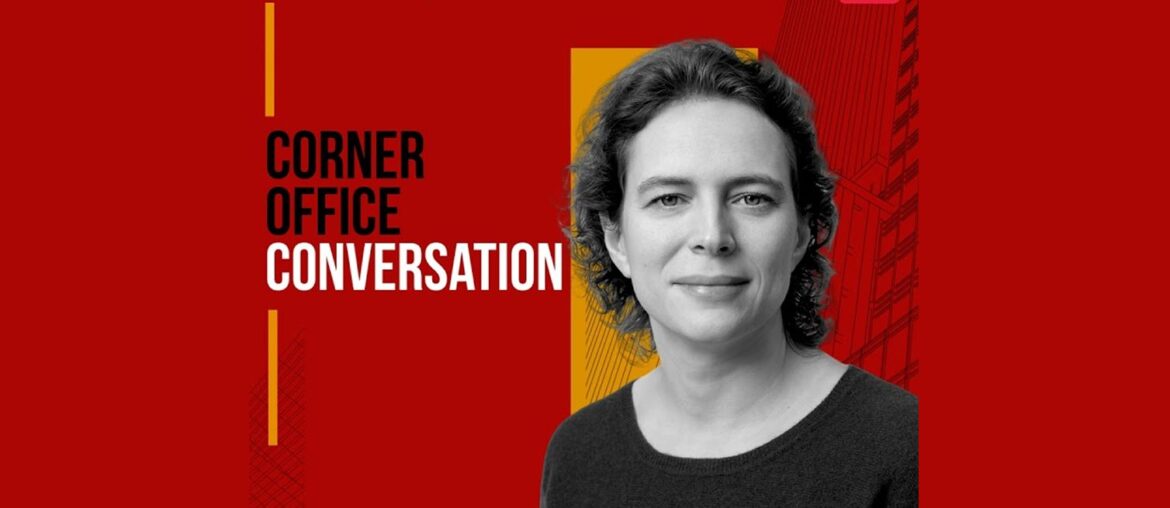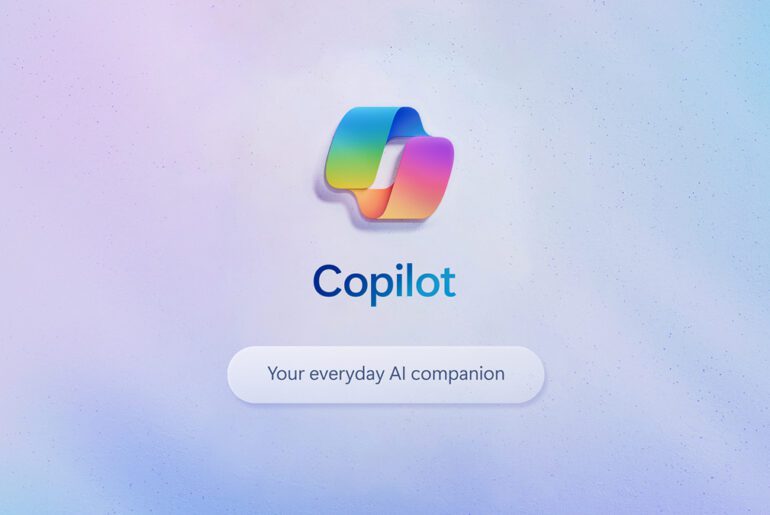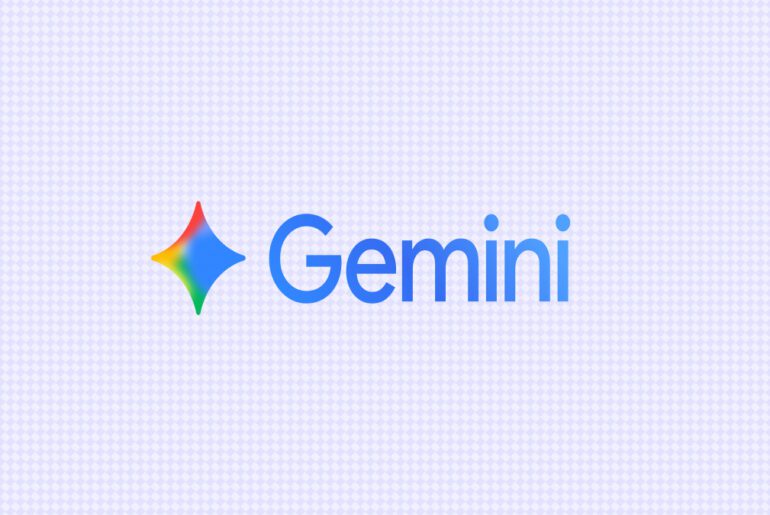When Elizabeth Reid sat down for the Corner Office Conversation podcast, she was careful to insist on one point: “The story of the blue link is far from over.” It was both reassurance and a challenge. Reid, Google’s head of search, was addressing a growing anxiety among publishers, regulators and even ordinary users — that Google’s new AI-driven search experience is making the open web an afterthought.
Reid’s job is one of the most consequential in technology. How she shapes search affects how billions discover information, how publishers earn a living, and even how democratic societies access knowledge. That is why her words carried more weight than a typical corporate interview. Behind the conversational tone lay the stakes of a global power shift.
Why the blue link matters
For decades, Google search was built around the blue hyperlink. That simple click drove traffic to publishers large and small, from household news brands to niche blogs. With the arrival of AI Overviews and AI Mode, Google itself now answers many queries directly, often with synthesized summaries that reduce the need to leave its platform.
Reid acknowledged that people want faster, richer responses but argued they also still crave human voices, whether that comes from creators, short videos or forums. “People want to connect with humans and that human spirit,” she told the podcast host. To her, AI should not replace search but “reinvent” it, pairing quick AI answers with links that allow deeper dives.
The tension beneath the vision
That framing sounds optimistic, but it collides with evidence of shrinking referrals to publishers. Pew Research data shows users are nearly half as likely to click a link when an AI summary appears. Other studies from Digiday and Ahrefs found traffic declines of 10 percent or more for many publishers. For smaller outlets, those lost clicks are not an inconvenience — they are an existential threat.
Reid countered that Google still sends billions of visits a day and that the quality of those clicks is improving. Users bounce less and engage more deeply, she said. But the unease remains: if Google becomes the default answer engine, the open web risks becoming raw material for summaries rather than a destination in itself.
India at the forefront
One striking detail from Reid’s interview was how prominently she placed India in the story. Once a market that lagged years behind U.S. launches, India now gets new features within weeks. AI Mode arrived there just after its American debut, and Reid revealed that Search Live is headed to India soon.
That choice is strategic. India is Google’s largest market for voice search and Lens, and its users adapt quickly to new formats. In many ways, it is becoming a proving ground for how AI-powered search will play out in diverse, multilingual societies. If Indians embrace conversational, AI-driven search, it signals that the model can work far beyond Silicon Valley.
A broader fight over attention
Reid’s podcast remarks also highlight how crowded the field has become. Startups like Perplexity and giants like OpenAI and Microsoft are all vying to become the first stop for questions. Google, which was not the first search engine but became the dominant one through quality and trust, now faces the same challenge again. It must innovate boldly without alienating the very ecosystem that made it indispensable.
The “blue link,” in other words, has become symbolic. If it disappears, publishers lose visibility, and users risk getting only one filtered version of truth. If it survives alongside AI, the web may remain a vibrant marketplace of ideas.
For Reid, holding that balance is the test. “We don’t view AI as replacing search,” she said on the podcast. But critics will measure her success not by words but by whether the web still thrives in the shadow of Google’s machine-generated answers.
👉 Listen to the full episode of Corner Office Conversation with Elizabeth Reid here.










